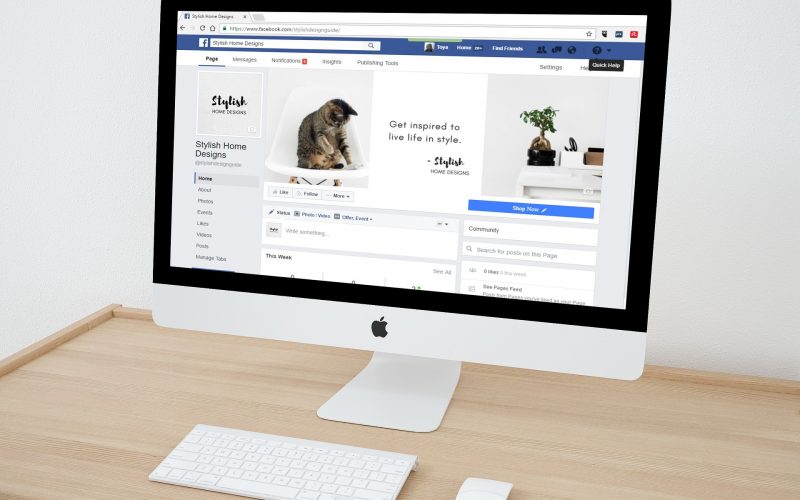A business savings account offers several advantages for companies. First, it has high interest rates, meaning extra money can be earned while saving. Secondly, it can be a great platform for growth, even in an economy where things are tough. For example, a company can acquire a company with money problems, and the new owners can make great use of the company’s funds to grow the business. (Also Read: Everything Employers Should Know About Payroll Withholding)
The benefits of opening a business savings account
Business savings accounts are a great way to earn interest on your savings. These types of accounts pay high interest, which can help you make extra money. Even in a weak economy, many companies continue to grow and thrive. Having fallback funds can help you deal with unexpected expenses.

These accounts are designed to earn competitive interest. Some offer higher yields than the national average. While you should choose the account that earns the best interest rate for your business, be sure to look at the minimum balance requirements and other terms. You should also check whether FDIC insurance is offered with the account.
While free business checking accounts may come with service fees, business savings accounts often come with unlimited ATM withdrawals. Depending on the bank, you can get service fees waived by maintaining a minimum balance. Some accounts also offer free wires domestically and internationally. Some offer a set number of free wires each month, while others charge a fee for any wires.
Another account option with high yields is a business money market account. Axos, for example, offers a business money market account that earns 0.25% APY and is available to any small business owner. You can open the account online or by calling the bank. Axos also allows you six free transfers per month. However, if you need to make more than six transfers per month, there is a fee of $5.
Best APY
The best APY for business savings accounts is one of the factors to look for when choosing a bank. Depending on the size of your business, you can find accounts with higher APYs from different institutions. Some of these banks also offer business money market accounts, which allow for more withdrawals. But they usually have higher opening deposits and require a higher minimum balance.
If you’re thinking of opening a business savings account, one of the best places to start is with a Capital One Business Advantage Savings Account. This account is available online for free and allows you to link your account with your Capital One Business Checking account for added convenience. The APY on this account is based on your account balance, so it’s not possible to use it as a primary account.
According to NerdWallet, the best APY for business savings accounts is between 0.25% and 0.21%. However, you should also consider fees. Some banks charge high fees, which eat into the amount of money you earn. Look for accounts with low or no fees, or if they charge, make sure they’re easily waived. You should also think about the minimum opening deposit, which should be enough to keep your business going.
A business savings account is an essential part of any business’s financial management, and a good one will help you earn interest on your money while saving for long-term expenses. It’s also a great way to prepare for taxes, retirement planning, and other major expenses. A good business savings account can even help you move on to other banking products like investments and certificates of deposit. A business savings account gives your business a professional financial aspect and helps you build financial health from the beginning.
Protection from the FDIC
If you are thinking of opening a business savings account, you should make sure you have the right kind of protection from the FDIC. The FDIC is a federal agency that insures your money from bank failure and economic calamity. However, it does not cover the risk of hacking or fraud, which can pose serious threats to a business’s finances. According to Gartner, more than 10% of small businesses have been victims of fraud or other financial crimes. These cases have cost over $2 billion in small business bank accounts.
The Federal Deposit Insurance Corporation (FDIC) protects your deposits against bank failures by requiring banks and savings associations to insure a certain amount of money. These accounts are only insured if they are opened with a qualified bank. However, it is important to note that a bank can only be insured for up to $250,000 per account.
It is important to note that while the FDIC will insure a deposit account, it does not cover other financial products and services that you buy through the bank. For example, the FDIC does not insure investment products or municipal securities. The standard insurance amount is $250,000 per depositor and insured bank.
There are several different types of business savings accounts available. There are those that offer a higher interest rate than regular savings accounts. Whether you are looking for an account to store your money in for a long time or you want to invest in your business’s growth, business savings accounts are an excellent option. By choosing a business savings account with interest, you’ll be able to grow your money and meet unexpected expenses.
Tax payments
A separate business bank account is necessary to set aside money for tax payments. This can help business owners avoid using the money for operating expenses instead. Setting aside money for taxes on a monthly basis can be especially helpful for new businesses or seasonal businesses. A business savings account can also be useful for keeping money separate from other business expenses.
One of the benefits of a business savings account is that it allows business owners to save for unexpected expenses. This kind of account allows a business owner to avoid taking out a loan or incurring high interest fees. Savings accounts are liquid assets that are available whenever a company needs them.
Business owners can start setting up a business savings account by setting up a monthly deposit of 30% of their total revenue. This way, they only need to calculate estimated taxes once a year. To do so, business owners should divide their previous year’s total income by four. Then, they should calculate 30% of this amount as the amount of money to put in their business savings account for quarterly payments.
Interest rates
A business savings account is an excellent way to provide your business with a second source of funds. It can be a useful option for businesses that are looking for a backup plan for unexpected expenses or have exhausted their primary checking account. But business savings accounts are not just for emergencies; they can help your company grow by giving you additional investment opportunities and helping you achieve your long-term goals.
In order to benefit from a business savings account, it is important to select one with the right APY. The higher the APY, the better. Also, check if the business savings account is FDIC-insured; it won’t cost you anything to check this, and it provides you with added peace of mind.
A business savings account also helps improve a business’s credit rating. It shows lenders that it has the resources to pay off any loan it might request. This can help a business attract new investors and lenders. A business savings account also demonstrates the stability of a business, which is important for attracting the right kind of investors.
Another important advantage of a business savings account is its ability to reward the business owner for saving. This is especially helpful for small business owners, who often need cash to cover unexpected expenses. By having a small amount of cash on hand, a business can quickly pay off expenses and even transfer money to debtors. Unlike a traditional checking account, a business savings account doesn’t have any negative impact on the expense account.
A business savings account allows a business owner to earn a higher interest rate on their savings than a standard savings account. These accounts are useful for financing future expansion and business goals. Many financial institutions offer business savings accounts with higher interest rates than traditional brick and mortar banks.(Also Read: How to Protect Your Brand With a Brand Mantra)












